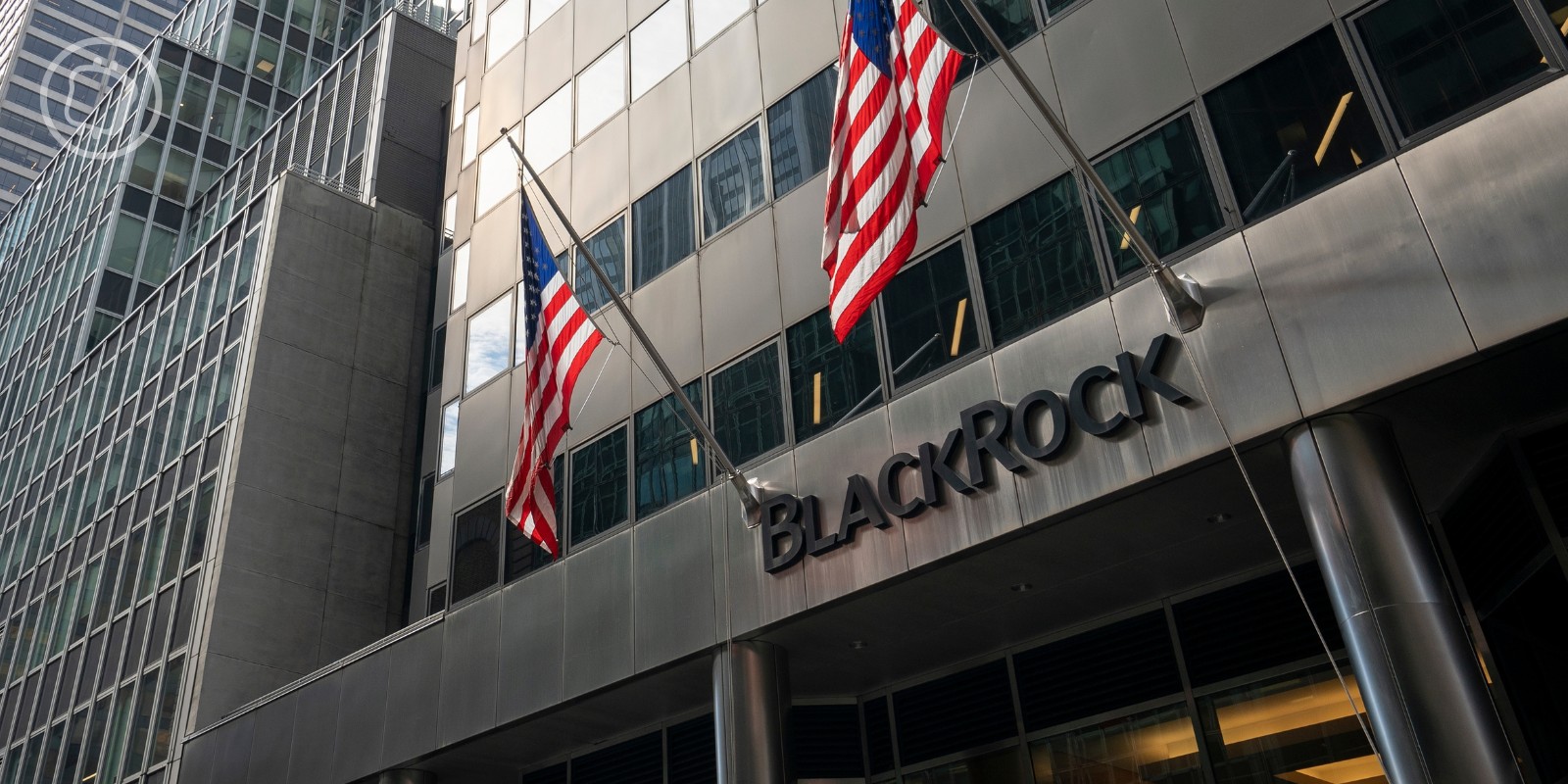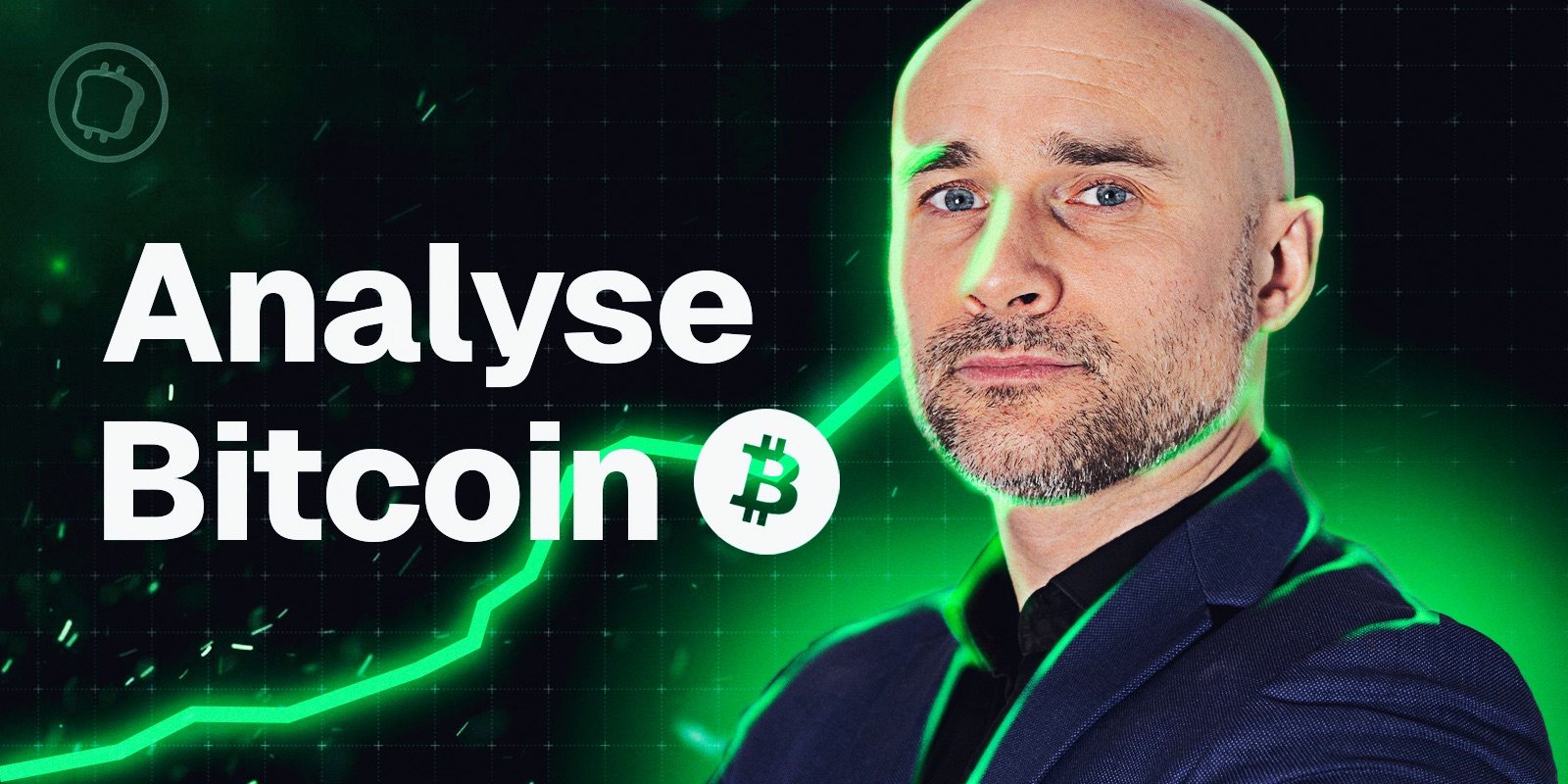It’s not just cryptocurrencies that are in trouble. Credit Suisse proves that the traditional financial system is not spared too. Faced with the risk of bankruptcy, the latter could cause a systemic risk of a magnitude far greater than what the blockchain ecosystem has experienced with Celsius Network.
Credit Suisse in trouble
Credit Suisse, a major commercial bank, has been the subject of much questioning since this weekend due to rumors about potential bankruptcy.
One of the factors fueling these concerns is the surge in credit default swaps (CDS). To explain simply, CDS can be seen as credit insurance.
For example, suppose A lends money to B, but also wants to hedge its risk. He will then turn to C, to whom he will pay a premium, in exchange for which C agrees to cover A if B defaults on his credit. Thereby, A will not be endangered in the event of bankruptcyand C, for his part, will have to manage with B to recover the sum borrowed.
A rising CDS can therefore be a sign that the actor, to whom money has been lent, is subject to doubts about his creditworthiness, and therefore the premium to be paid by the creditor to cover his risk increases.
the Credit Default Swap (CDS) of Credit Suisse would even have risen to more than 500 todayalmost multiplied by 5 since the beginning of 2022.
Source: Randy Woodward (Twitter)
Whatever these difficulties are, they are not new. Indeed, the share price of Credit Suisse has been in free fall since April 2007 with a performance of -95%:

Credit Suisse Quotes
Faced with rumors, Ulrich Koerner, CEO of the group, announced this weekend that he would regularly hold his employees informed of the situation of the companyuntil the announcement of a “new strategic plan” on October 27th.
Among the other sources of the bank’s difficulties, we can cite the bankruptcy of the hedge fund Archegos in 2021, which would have cost it $4.8 billion in losses. In addition, Credit Suisse has also been sentenced to various fines in recent years for several cases, such as aiding tax evasion for example.

The French unicorn of crypto wallets
A complete crypto experience, from buying to securing

A substantial amount of assets under management
Last week, during a conference on the tokenization of finance, the Governor of the Banque de France François Villeroy de Galhau underlined the need for regulation of the cryptocurrency ecosystem, in order to prevent certain dangers for investors. This was referring to crashes like Terra, Three Arrows Capital or Celsius Network.
Credit Suisse shows here that regulation does not remove all problems. Moreover, the sums at stake in this case are on a completely different scale than what we have known in cryptos. Indeed, at its peak, Celsius had up to $3 billion in assets under management, for Credit Suisse, it would be more than 1,500 billion dollarsmore than the entire crypto market.
With such a large money supply, the bank is considered “to big to fail”, which means that different financial authorities could come to its rescue in the event of failurein order to prevent systemic risks.
In addition, a financial document of the company, dating from the last quarter of 2021, reports a significant leverage effect among the various branches of the group. Thus, the company would have been exposed to these leverage effects in the amount of 895.81 billion Swiss francs.

Join Experts and a Premium Community
PRO
Invest in your crypto knowledge for the next bullrun

Abuses criticized by the Bitcoin philosophy (BTC)
Although the bankruptcy of Credit Suisse is not certain, these difficulties are a reminder of why Bitcoin came into existence. Indeed, the abuses of the traditional financial system generally end up falling on individuals.
We can for example cite the Cyprus crisis of 2013, which saw the bank accounts of certain taxpayers be taxed to keep the financial system afloat. It may therefore be interesting to consider the possibility of migrating part of your savings from your bank accounts to BTC.
The No. 1 exchange in the world – Regulated in France
10% off your fees with code SVULQ98B

These are similar mismanagements, which have caused the ruin of certain players in our ecosystem such as Celsius.
If it is not possible to prevent bankruptcies from occurring, these episodes nevertheless plead once again in favor of the self-guarding of its financesmade possible by cryptocurrencies, in particular by buying a little bitcoin.

It should also be remembered that other financial institutions are in trouble. This is for example the case of Deutsche Bank, for several years nowand we will remember Lehman Brothers at the start of the subprime crisis.
All of these events can create systemic risk, capable of spreading to all financial players with links to troubled institutions.
Indeed, as long as a particular investor has to deal with a centralized player, he can never be sure what is done with these funds. This reflection applies both to traditional finance and to Web3-branded projects.
Sources: TradingView, Bloomberg, Credit Suisse, Randy Woodward (Twitter)
[wd_hustle id=”Newsletter” type=”embedded”/]
What you need to know about affiliate links. This page presents assets, products or services relating to investments. Some links in this article are affiliated. This means that if you buy a product or register on a site from this article, our partner pays us a commission. This allows us to continue to offer you original and useful content. There is no impact on you and you can even get a bonus by using our links.
Investments in cryptocurrencies are risky. Cryptoast is not responsible for the quality of the products or services presented on this page and could not be held responsible, directly or indirectly, for any damage or loss caused following the use of a good or service highlighted in this article. Investments related to crypto-assets are risky by nature, readers should do their own research before taking any action and only invest within the limits of their financial capabilities. This article does not constitute investment advice.







